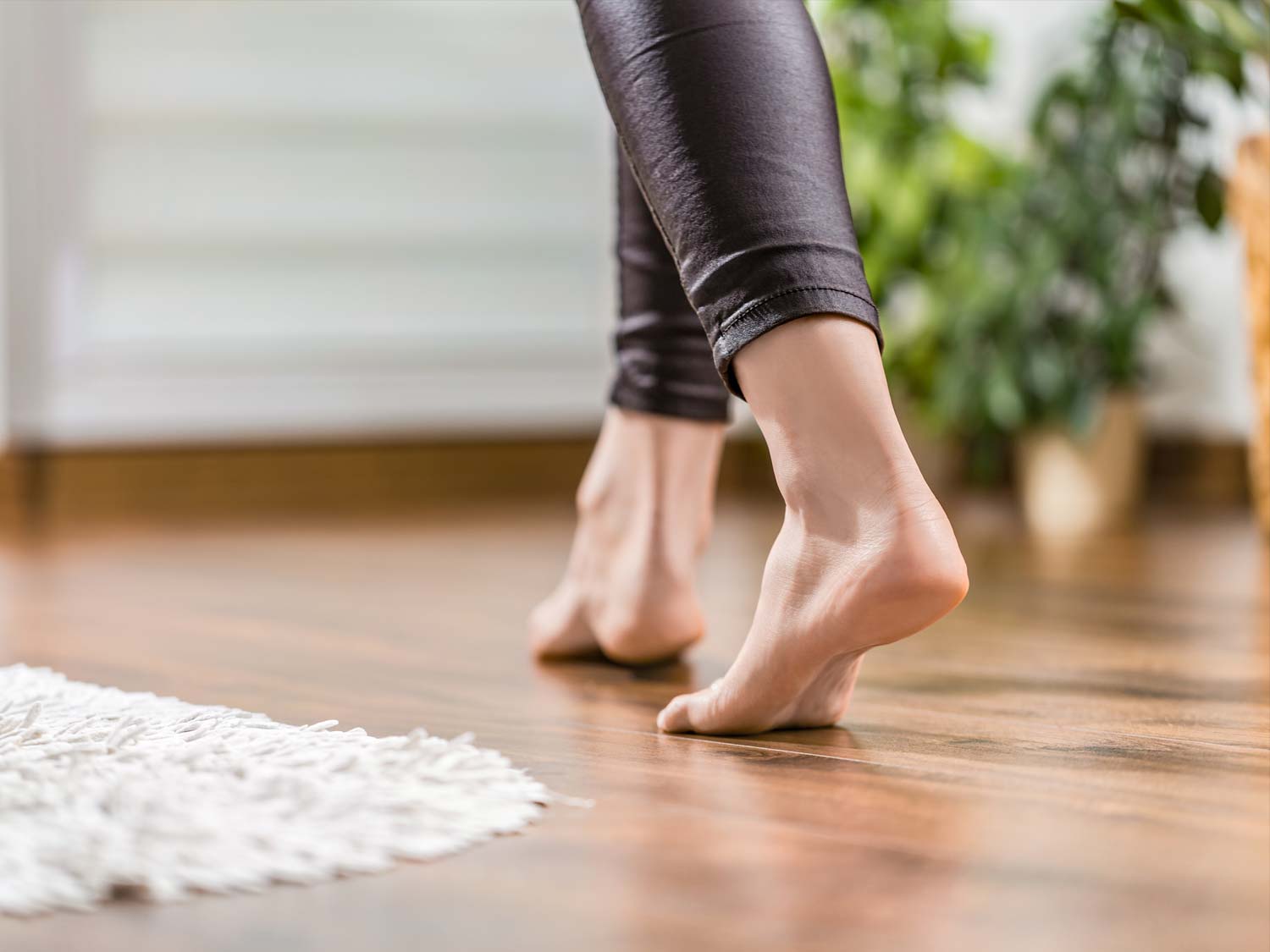
Barefoot Walking: Science-Backed Benefits for Back Pain & Body Strength
In today’s world, most of us spend our lives in shoes. But research shows that walking barefoot — also known as earthing or grounding — can help prevent back pain, improve posture, and strengthen the body’s foundation.
Your feet are not just for walking. They are complex, living structures that directly influence your spine and overall health.
1. Improves Posture & Spine Alignment
Modern shoes often change the way we walk, forcing the body into unnatural positions. Thick soles and raised heels can tilt the pelvis forward, strain the lower back, and weaken postural muscles.
When barefoot, your feet naturally roll from heel to toe, promoting proper gait and spinal alignment. A 2017 study in Gait & Posture found barefoot walking improves balance and reduces uneven pressure that can strain the spine.
2. Strengthens Your Body’s Foundation
Your feet have 26 bones, 33 joints, and over 100 muscles, tendons, and ligaments. Without regular use, these structures weaken — and weak feet lead to instability throughout the body.
Barefoot walking activates:
• Intrinsic foot muscles that support your arches
• Ankle stabilisers that prevent injuries
• Core muscles that protect your lower back
Journal of Foot and Ankle Research (2019) found that just 8 weeks of barefoot activity increased foot muscle strength and balance, reducing musculoskeletal pain risk.
3. Reduces Impact on Joints & Back
Shoes often encourage a hard heel strike, sending impact forces up the knees and spine. Barefoot movement naturally shifts you toward a softer midfoot or forefoot landing, lowering stress on your joints.
Harvard studies led by Dr. Daniel Lieberman show barefoot runners experience less impact force than those wearing cushioned shoes — a principle that applies to walking as well.
4. Enhances Sensory & Neurological Health
Your feet contain thousands of nerve endings that send constant feedback to your brain. Walking barefoot heightens sensory awareness, improves coordination, and trains your body to move more efficiently.
This is especially important for babies and young children. When they crawl, stand, and walk barefoot, they stimulate the nerve endings in their feet, helping their brains develop better balance, coordination, and spatial awareness. This early grounding experience builds the sensory foundation for healthy movement throughout life.
Some studies also suggest grounding — direct contact with the earth — may reduce inflammation and support overall wellbeing.
5. Builds a Stronger Spine from the Ground Up
Your spine’s alignment depends on the strength and stability of your feet. Barefoot walking is a simple, natural way to create a stable foundation, reduce compensations in your hips and back, and promote long-term spinal health.
How to Start Walking Barefoot Safely
• Begin indoors or on grass to allow your feet to adapt
• Start with short sessions and gradually increase time
• Avoid rough or hazardous surfaces until foot strength improves
- Key Takeaway: Your shoes may be holding you back — literally. Walking barefoot strengthens your feet, improves posture, reduces back pain, and enhances your body’s natural movement. If you want a healthier spine, start from the ground up — and let children spend more time barefoot to support their lifelong movement health.